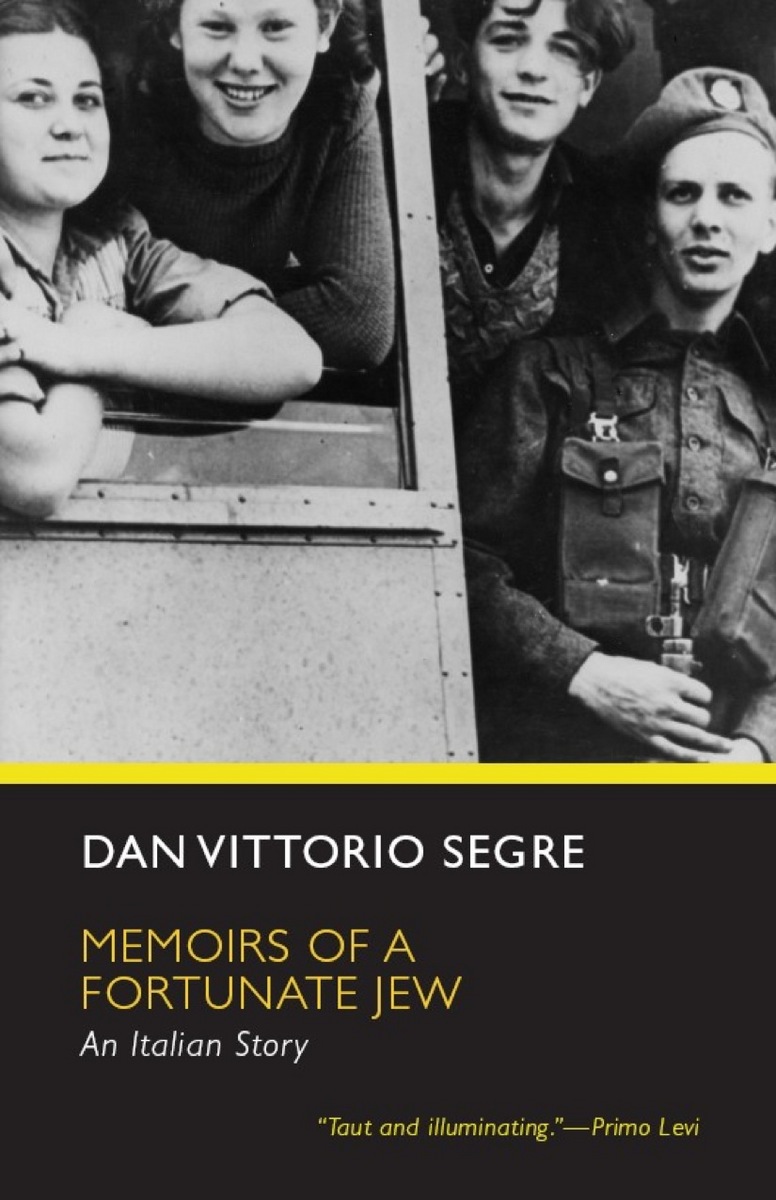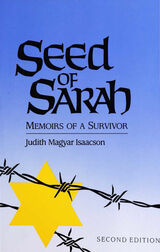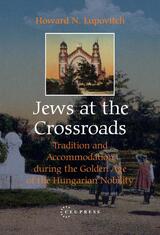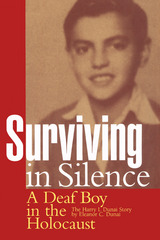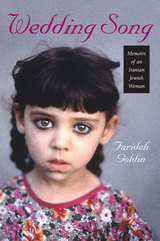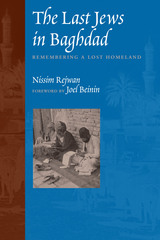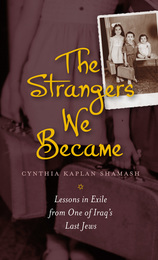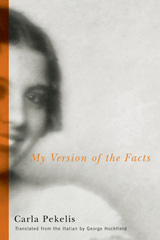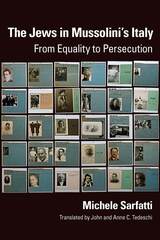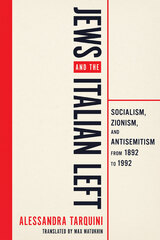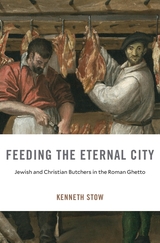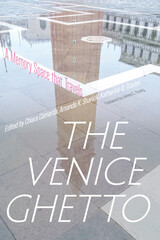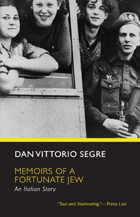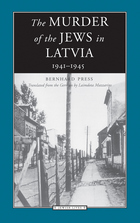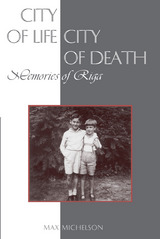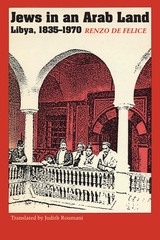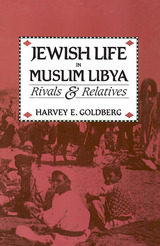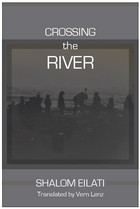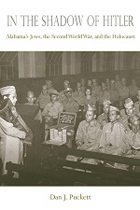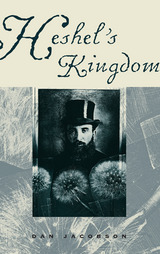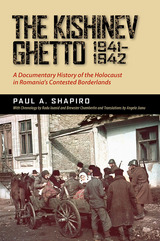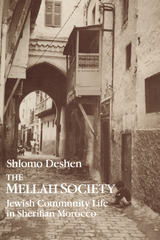Memoirs of a Fortunate Jew: An Italian Story
University of Chicago Press, 2008
Paper: 978-0-226-74477-3
Library of Congress Classification DS135.I9S45713 2008
Dewey Decimal Classification 945.004924092
Paper: 978-0-226-74477-3
Library of Congress Classification DS135.I9S45713 2008
Dewey Decimal Classification 945.004924092
ABOUT THIS BOOK | AUTHOR BIOGRAPHY | REVIEWS | TOC | REQUEST ACCESSIBLE FILE
ABOUT THIS BOOK
“I was probably less than five years old when my father fired a shot at my head.” From this first line, Dan Vittorio Segre’s memoir moves from one startling turning point to the next. The child of aristocratic parents, Segre fled Fascist Italy and Mussolini’s anti-Semitic laws only to be thrust into the pioneering culture of Palestine, completely unprepared for the dangers of life in Israel during World War II. Beautifully narrated, Memoirs of a Fortunate Jew is an ironic, philosophical meditation on the historical reverberations of the twentieth century.
“Taut and illuminating . . . memorable . . . written with the humility of he who confesses himself and with the honesty of he who bore witness.”—Primo Levi
“The writing of memoirs is a difficult art that Dan Segre fully possesses. Under his pen, history and psychology merge in one captivating narrative which illuminates the turmoils, fears and triumphs of his generation.”—Elie Wiesel
“Beautifully written. . . . [A] labyrinthine, spell-binding autobiography, full of passionate tenderness.”—New York Review of Books
“An unusually attractive book—attractive in its irony, its energy and its moral insight. Mr. Segre had some rich material to work with, and he has done it justice.”—New York Times
“Taut and illuminating . . . memorable . . . written with the humility of he who confesses himself and with the honesty of he who bore witness.”—Primo Levi
“The writing of memoirs is a difficult art that Dan Segre fully possesses. Under his pen, history and psychology merge in one captivating narrative which illuminates the turmoils, fears and triumphs of his generation.”—Elie Wiesel
“Beautifully written. . . . [A] labyrinthine, spell-binding autobiography, full of passionate tenderness.”—New York Review of Books
“An unusually attractive book—attractive in its irony, its energy and its moral insight. Mr. Segre had some rich material to work with, and he has done it justice.”—New York Times
See other books on: 1922- | 1922-2014 | Israel | Israel & Palestine | Italy
See other titles from University of Chicago Press
